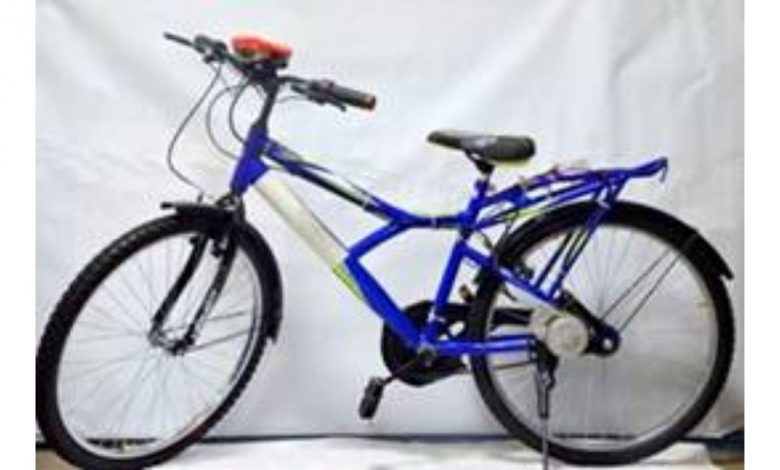Scientists have used nano-materials to develop Na-ion-based batteries and supercapacitors, which can be rapidly charged and have integrated into e-cycles. The low-cost Na-ion-based technologies would be cheap and are expected to reduce the cost of the e-cycles significantly.
Sodium-ion (Na-ion) batteries have triggered academic and commercial interest as a possible complementary technology to lithium-ion batteries because of the high natural abundance of sodium and the consequent low costs of Na-ion batteries.
Professor in the Department of Physics at the Indian Institute of Technology Kharagpur, Dr Amreesh Chandra, has been researching to develop energy storage technologies, which are based on Na-ion, and his team has developed a large number of nanomaterials. The team has used sodium iron phosphates and sodium manganese phosphates which they synthesized to obtain Na-ion-based batteries and supercapacitors with support from the Technology Mission Division (TMD) of the Department of Science and Technology (DST), Government of India. These sodium materials were combined with various novel architectures of carbon to develop a battery.
These sodium materials are cheaper than Li-based materials, high performing, and can be scaled up to industrial-level production. The Na-ion cell can also be totally discharged to zero volts, similar to a capacitor, making it a safer option in comparison to many other storage technologies. Taking advantage of the fact that Na-ion batteries can be charged rapidly, Dr Amreesh has integrated it into e-cycles – an easy, affordable option for the general public.
With further development, the price of these vehicles can be brought down to the range of Rs. 10-15 K, making them nearly 25% cheaper than Li-ion storage technologies-based e-cycles. As disposal strategies of Na-ion-based batteries would be simpler, it can also help in addressing the climate mitigation issue. The research on the Supercapacitors was published in the Journal of Power Sources, and a few patents are in the pipeline on the use of these Na-ion-based batteries in e-cycles.
This research activity was funded under the DST’s Materials for Energy Storage scheme.

